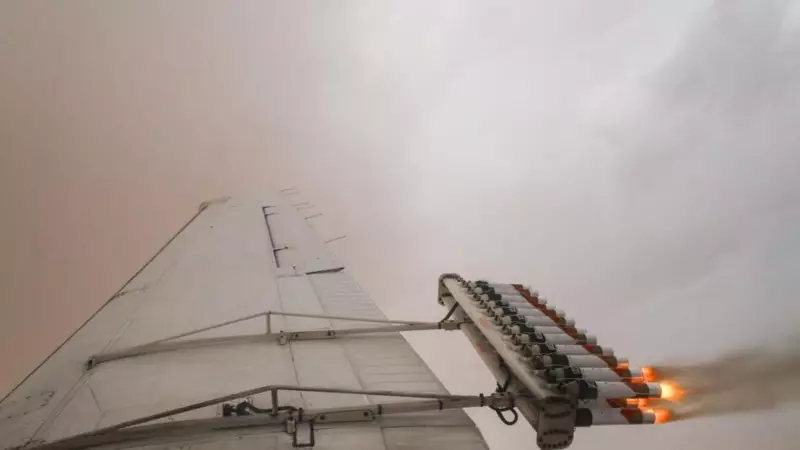
In a bold move to tackle Delhi's persistent air pollution crisis, authorities have launched a groundbreaking cloud seeding trial that could revolutionize how India's capital battles toxic air. The much-anticipated operation saw a specialized aircraft take off from Kanpur, marking a significant milestone in the fight against pollution.
The Science Behind the Solution
Cloud seeding, a sophisticated weather modification technique, involves dispersing substances like silver iodide into clouds to stimulate rainfall. This artificial precipitation helps wash away hazardous pollutants that have made Delhi one of the world's most polluted cities, particularly during winter months.
Kanpur's Crucial Role in Delhi's Clean Air Mission
The operation is being conducted from IIT Kanpur, which has emerged as a key player in developing indigenous cloud seeding technology. The institute's expertise in atmospheric sciences and engineering has positioned it as the ideal launchpad for this ambitious environmental initiative.
Government officials are closely monitoring weather patterns, waiting for optimal conditions to maximize the trial's effectiveness. The success of this pilot project could pave the way for larger-scale implementation during peak pollution seasons.
Why This Matters for Delhi's Future
- Potential game-changer in combating winter smog
- Reduces dependency on temporary measures like odd-even schemes
- Showcases Indian innovation in environmental technology
- Could provide sustainable solution to annual air quality emergency
As Delhi residents await the results, this cloud seeding trial represents hope for millions suffering from the capital's hazardous air quality. The eyes of environmental experts and policymakers across the nation are fixed on this experiment, which could set a precedent for other polluted cities globally.





